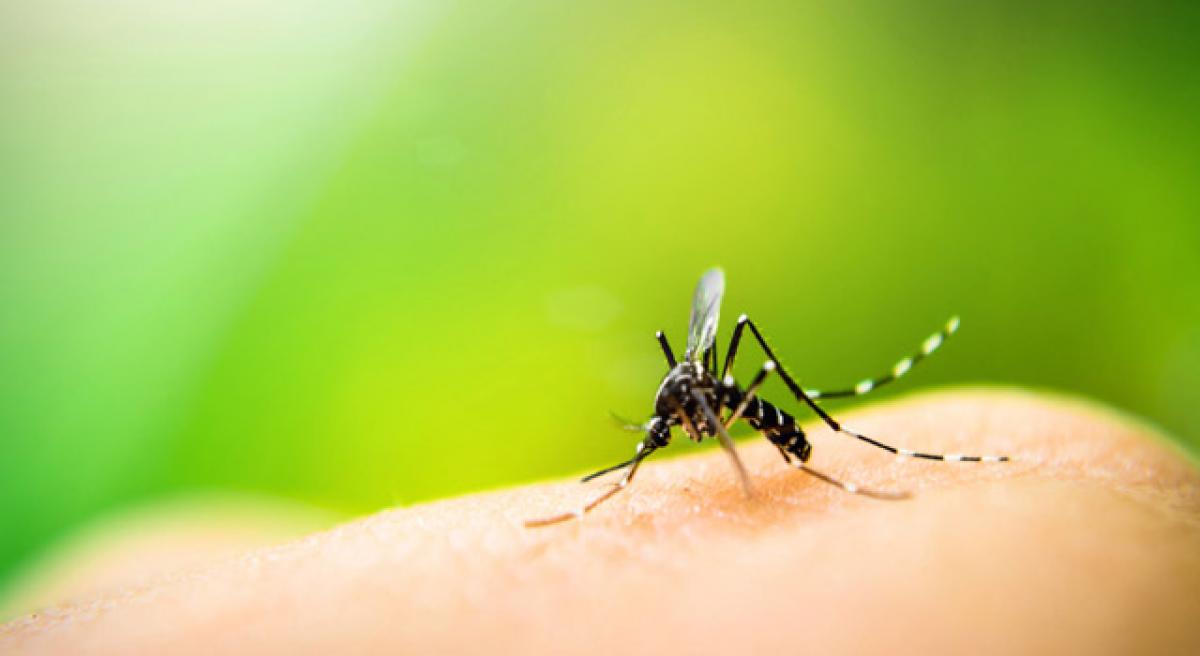Live
- Minister Ramalinga’s efforts help safeguard over 10,000 acres of temple Land
- Laxminarayan College gets NAAC B+ accreditation
- Champions Trophy: India vs Pakistan Match Likely to Be Held on This Date
- Tigress Zeenat spotted in Purulia
- Collectors asked for proper assessment of crop loss
- Teachers are pillars of social development: Sudheer Reddy
- Sandhya Theater Stampede Incident: Rahul Ramakrishna Retracts Comments on Issue
- Ramanujan’s contributions to Mathematics hailed
- Garena Free Fire MAX Redeem Codes for December 2024: Unlock Skins, Weapons, and More
- Dr. Ponguleti Sudhakar Reddy Welcomes Union Minister Piyush Goyal in Bengaluru









